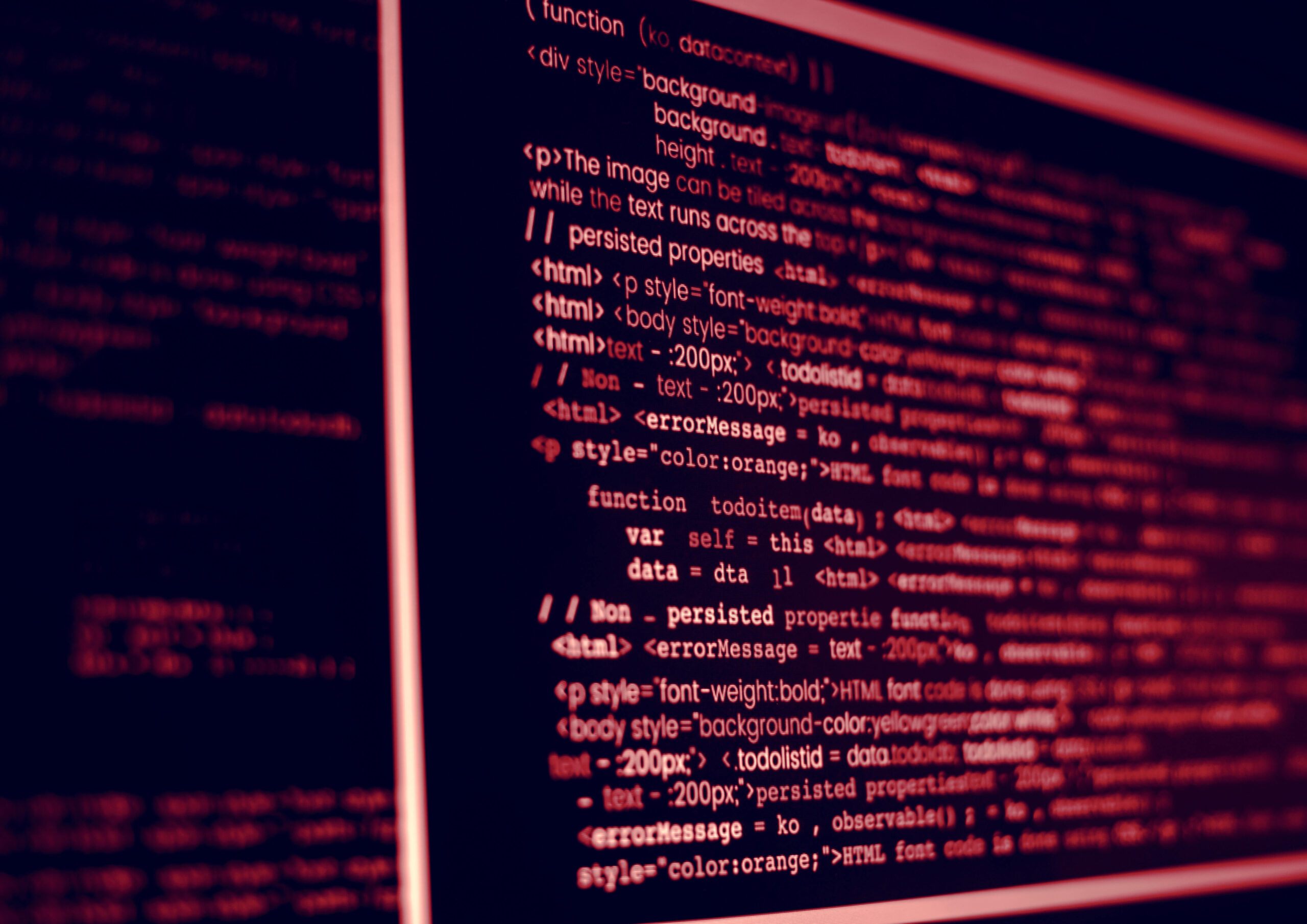Do Lawyers Understand Technology?
A cautionary note yesterday from the Washington Post. Here is the opening:
A cautionary note yesterday from the Washington Post. Here is the opening:
Last year, the FBI nearly destroyed the life of an innocent physicist. In May 2015, agents arrested Xi Xiaoxing, the chairman of Temple University’s physics department, and charged that he was sneaking Chinese scientists details about a piece of restricted research equipment known as a “pocket heater.” An illustrious career seemed suddenly to implode. A few months later, though, the Justice Department dropped all the charges and made an embarrassing admission: It hadn’t actually understood Xi’s work. After defense experts examined his supposed “leaks,” they pointed out that what he’d shared with Chinese colleagues wasn’t a restricted engineering design but in fact a schematic for an altogether different type of device. The case helped lead earlier this year to new Justice Department restrictions that took power away from prosecutors in the field and centralized certain investigations in Washington, where they could receive more oversight from a specially trained team of lawyers.
Of course, the converese is also true. Most technologists don't understand law and policy.





